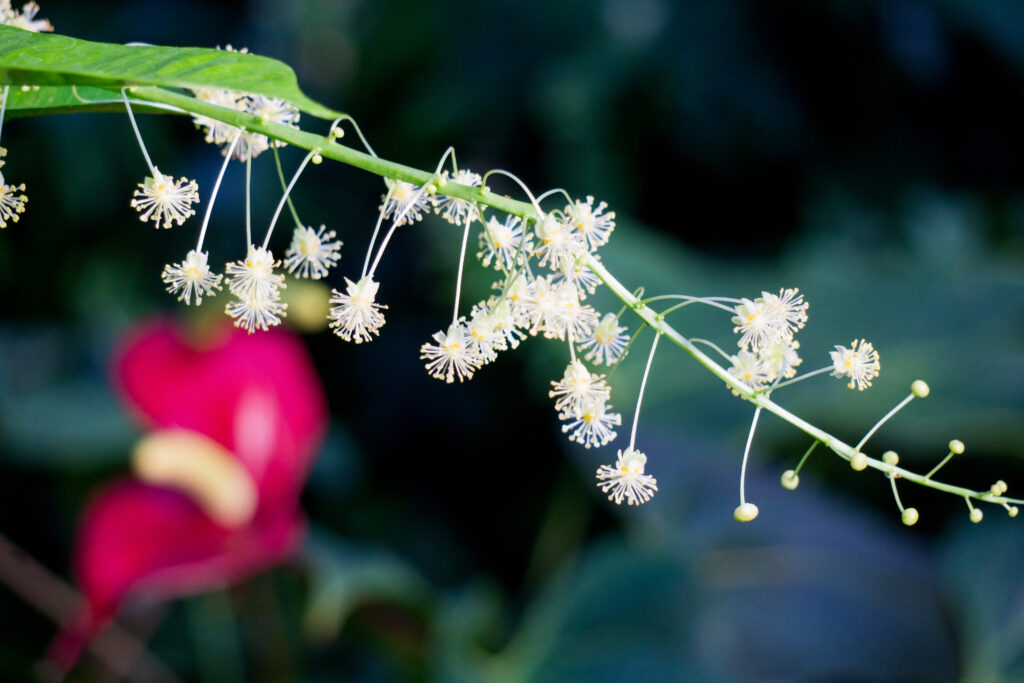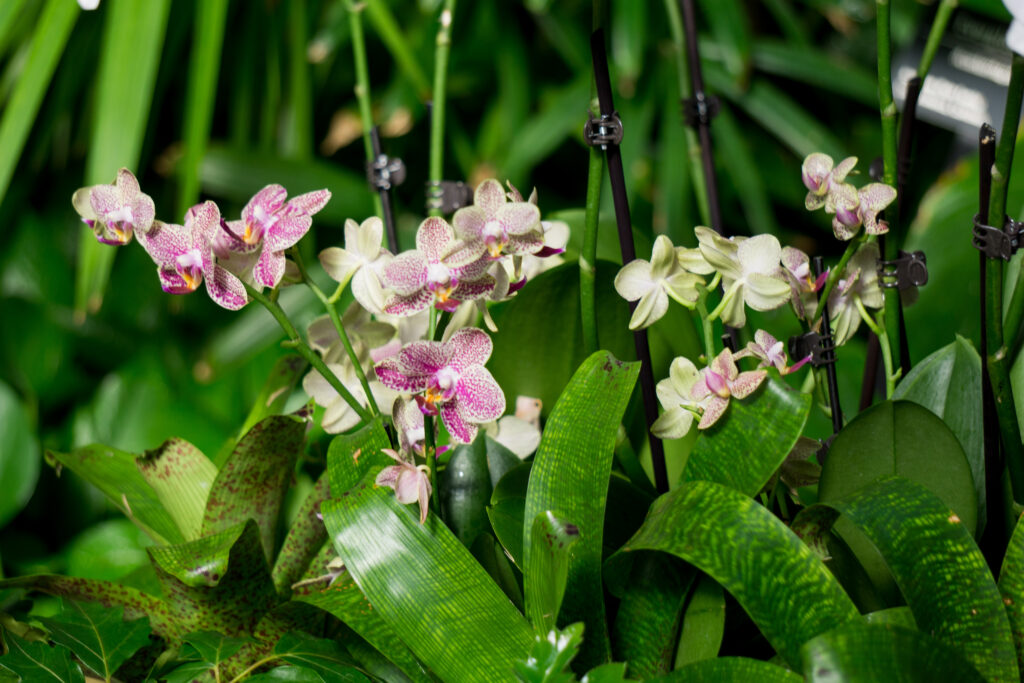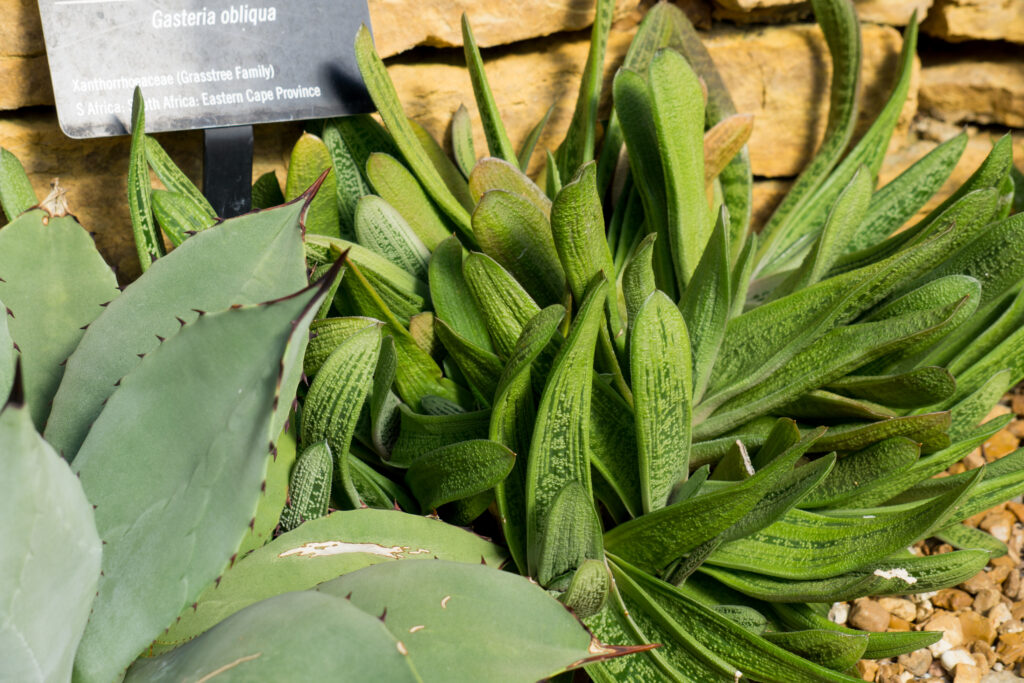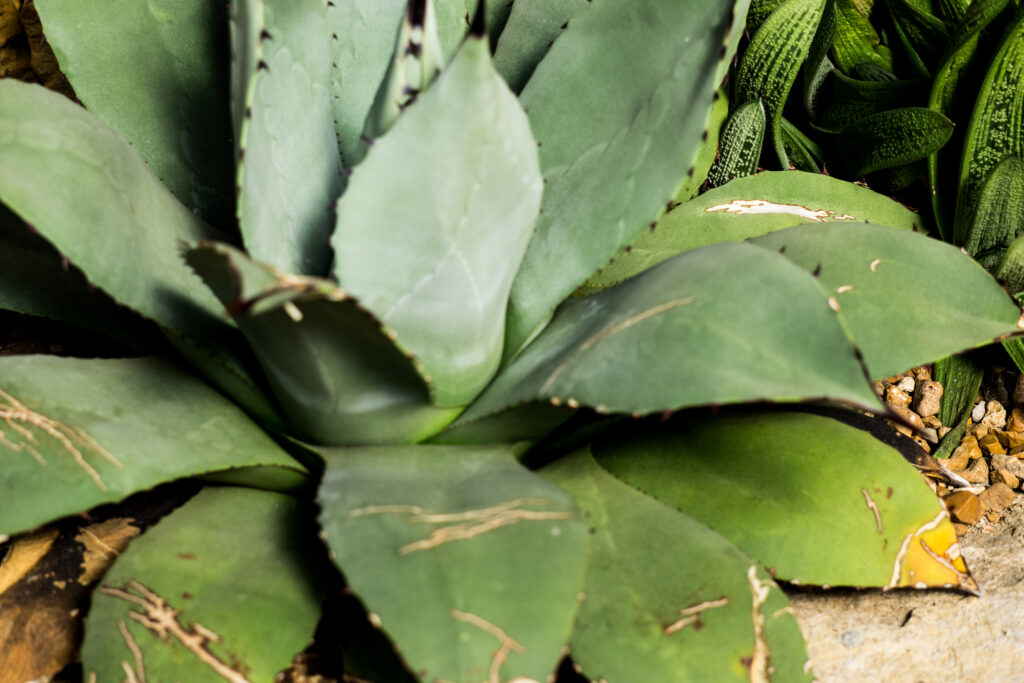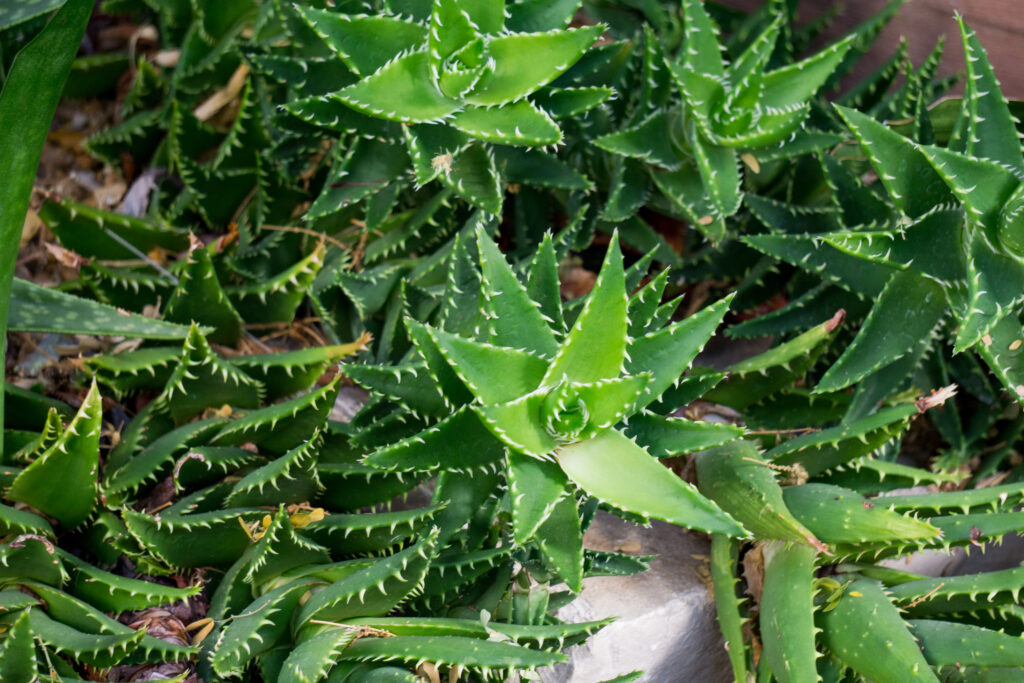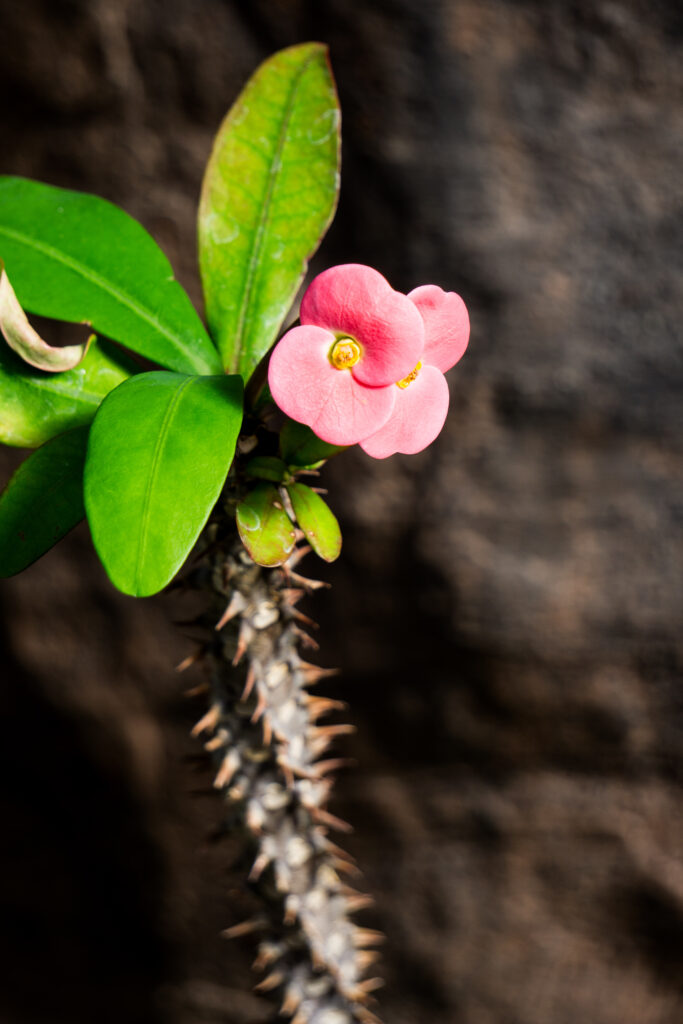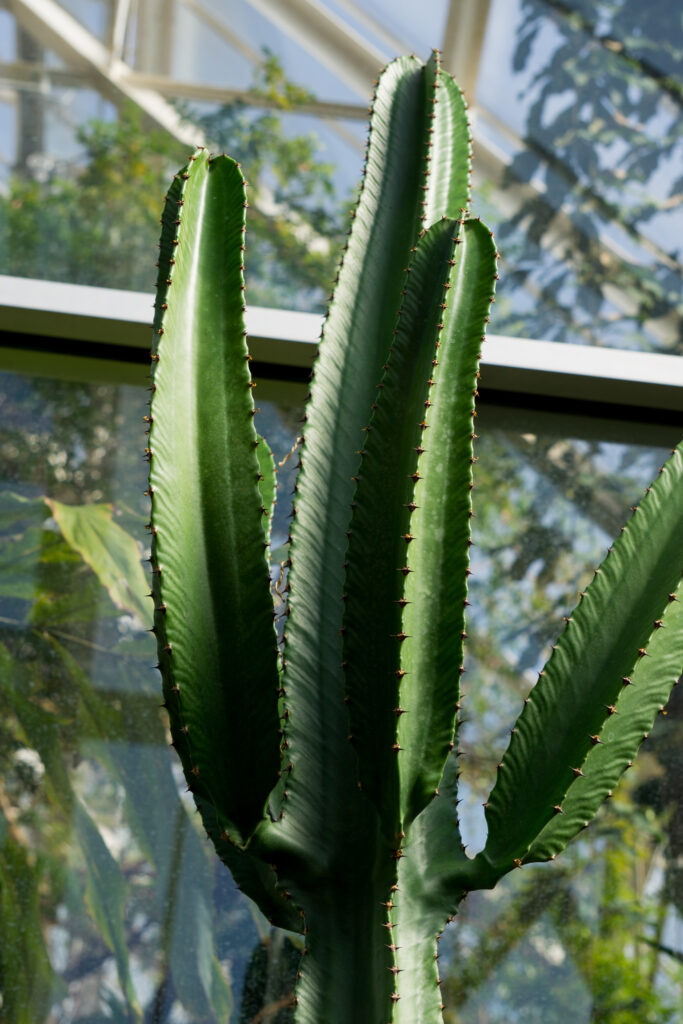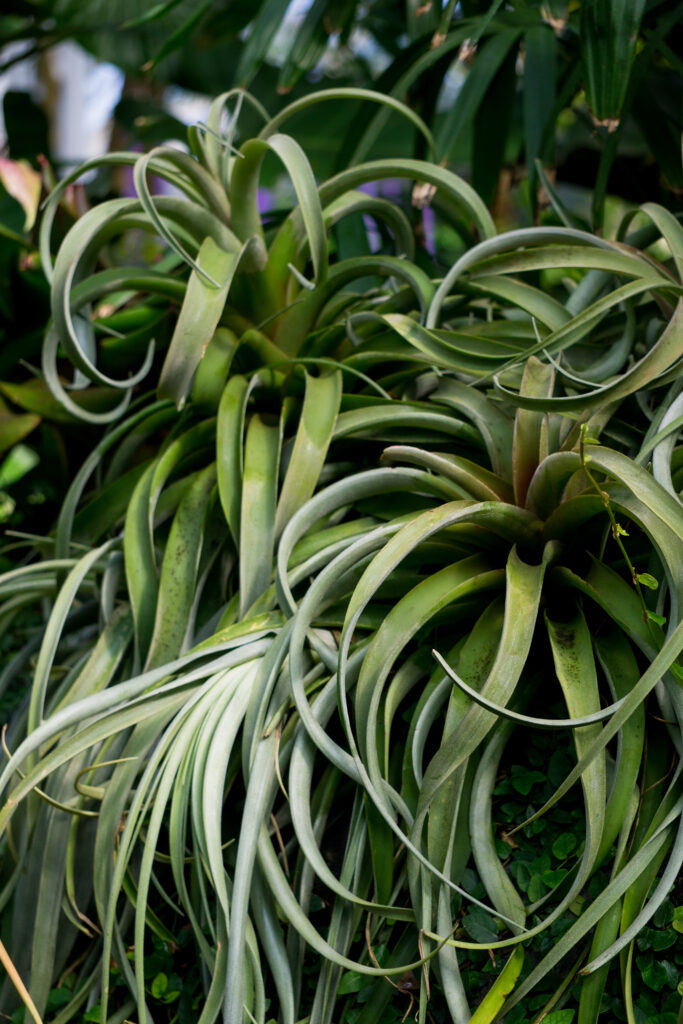The Franklin Park Conservatory is a botanical garden and conservatory located in Columbus, Ohio. It features a wide variety of plant collections, including tropical plants, orchids, bonsai trees, and seasonal displays. The conservatory also offers educational programs, art exhibitions, and special events throughout the year. It’s a beautiful place to explore nature and enjoy the tranquility of lush greenery.

History of The Franklin Park Conservatory
The Franklin Park Conservatory was originally built in 1895 and is listed on the National Register of Historic Places. It was established to provide a space for horticultural education and enjoyment for the residents of Columbus, Ohio. Over the years, the conservatory has undergone several renovations and expansions, adding new exhibits, gardens, and facilities. Today, it stands as a vibrant botanical garden and cultural center, showcasing a diverse range of plant species and hosting various events and programs for visitors of all ages.

Gardens, Collections, and Temporary Exhibits
The Franklin Park Conservatory hosts a variety of captivating exhibits throughout the year along with permanent collections. Some of the highlights include:
- The Palm House: A stunning glass structure featuring exotic palms, tropical plants, and a waterfall.
- The Rainforest: A lush environment replicating the biodiversity of a tropical rainforest, complete with towering trees, vibrant flowers, and exotic wildlife.
- The Desert Biome: A collection of cacti and succulents from arid regions around the world, showcasing the beauty and resilience of desert plants.
- The Himalayan Mountain Biome: A simulated mountain environment featuring alpine plants, including rhododendrons, ferns, and orchids.
- The Scotts Miracle-Gro Foundation Children’s Garden
- Seasonal Exhibits: Throughout the year, the conservatory hosts special exhibits celebrating seasonal themes such as holidays, spring blooms, and autumn colors. These exhibits provide visitors with immersive experiences and opportunities to learn about the diverse ecosystems and plant life found around the world.
Permanent Gardens and Collections at The Franklin Park Conservatory
The John F. Wolfe Palm House
The Palm House at the Franklin Park Conservatory, is a historic glasshouse originally constructed in 1895. It’s one of the most iconic structures within the conservatory and the oldest. The Palm House is renowned for its elegant Victorian architecture and houses a diverse collection of exotic palms, tropical plants, and seasonal displays. The structure features a central dome with a soaring height, allowing ample sunlight to filter through the glass panels, creating a warm and inviting atmosphere. Surrounding the central dome are wings containing various themed gardens and plant displays, providing visitors with an immersive botanical experience.
Throughout the year, the Palm House hosts special events, educational programs, and seasonal exhibitions, making it a vibrant hub within the Franklin Park Conservatory. It serves as a centerpiece for both botanical enthusiasts and casual visitors alike, offering a glimpse into the rich diversity of plant life from around the world.



The Rainforest
The Rainforest at the Franklin Park Conservatory, is a stunning indoor exhibit designed to replicate the lush environment of a tropical rainforest. It features a diverse array of exotic plants, and cascading waterfalls, providing visitors with an immersive experience of one of the Earth’s most biodiverse ecosystems. Within the Rainforest, visitors can explore different levels of the forest canopy, from the forest floor to the emergent layer, encountering various plant species along the way, such as palms, orchids, ferns, and epiphytes.
Interactive elements and educational displays throughout the exhibit provide insights into the importance of rainforests in maintaining global biodiversity and the challenges they face due to deforestation and habitat loss. The Rainforest at the Franklin Park Conservatory offers visitors of all ages the opportunity to appreciate the beauty and complexity of these vital ecosystems and learn about conservation efforts to protect them.



The Desert
The Desert Biome at the Franklin Park Conservatory , is an indoor exhibit designed to showcase the unique plant life and environments found in desert ecosystems around the world. The exhibit features a diverse collection of cacti, succulents, and other arid-adapted plants, arranged to mimic the natural landscapes of deserts from various regions. Visitors to the Desert Biome can explore different desert habitats, from the arid deserts of the American Southwest to the sandy dunes of Africa and the rocky landscapes of the Middle East. The exhibit highlights the remarkable adaptations of desert plants to survive in harsh conditions, such as water-storing succulent stems, thick waxy coatings to reduce water loss, and specialized root systems for absorbing moisture from the soil.
In addition to showcasing plant diversity, the Desert Biome may also feature displays about desert wildlife, geology, and conservation efforts aimed at protecting these fragile ecosystems. Interactive elements and educational signage provide visitors with insights into the importance of deserts in maintaining global biodiversity and the challenges they face due to climate change and human activities. Overall, the Desert Biome at the Franklin Park Conservatory offers visitors a fascinating glimpse into the beauty and resilience of desert environments and the importance of preserving these unique landscapes for future generations.





The Himalayan Mountain Biome
The plants featured in the Himalayan Biome include a variety of conifers, deciduous trees and shrubs, flowering plants and vines that have adapted to the harsh conditions of their habitat.

The Children’s Garden
The Children’s Garden at the Franklin Park Conservatory, is a special area designed to engage and educate young visitors about the natural world through interactive exhibits and activities. It offers a hands-on learning experience that encourages exploration, creativity, and appreciation for nature. The Children’s Garden typically features a variety of themed gardens, play areas, and educational displays tailored to the interests and developmental stages of children.
In the warmer months these may include sensory gardens with plants that appeal to the senses of touch, smell, and sight, as well as themed areas inspired by fairy tales, animals, or cultural traditions. Additionally, visitors to the Children’s Garden can participate in activities such as planting seeds, exploring nature trails, discovering hidden treasures, and engaging in creative arts and crafts projects. The garden often hosts special events, workshops, and programs designed specifically for children and families, making it a popular destination for hands-on learning and outdoor play.
Overall, the Children’s Garden at the Franklin Park Conservatory provides a vibrant and immersive environment where children can connect with nature, learn about plants and ecosystems, and foster a lifelong appreciation for the natural world. In addition to the outside children’s garden, The Franklin Park Conservatory has an indoor space located centrally on the bottom floor of the building that houses a variety of botanical-themed play structures and activities for children of all ages.



Current Temporary Exhibits at The Franklin Park Conservatory
Orchids
January 20th – March 10th, 2024
The 2024 Orchids exhibit features thousands of stunning orchids displayed within asymmetrical shapes, curving lines, stylized vines and flowers, and mosaic glass-like elements to create a graceful and visually expressive display.
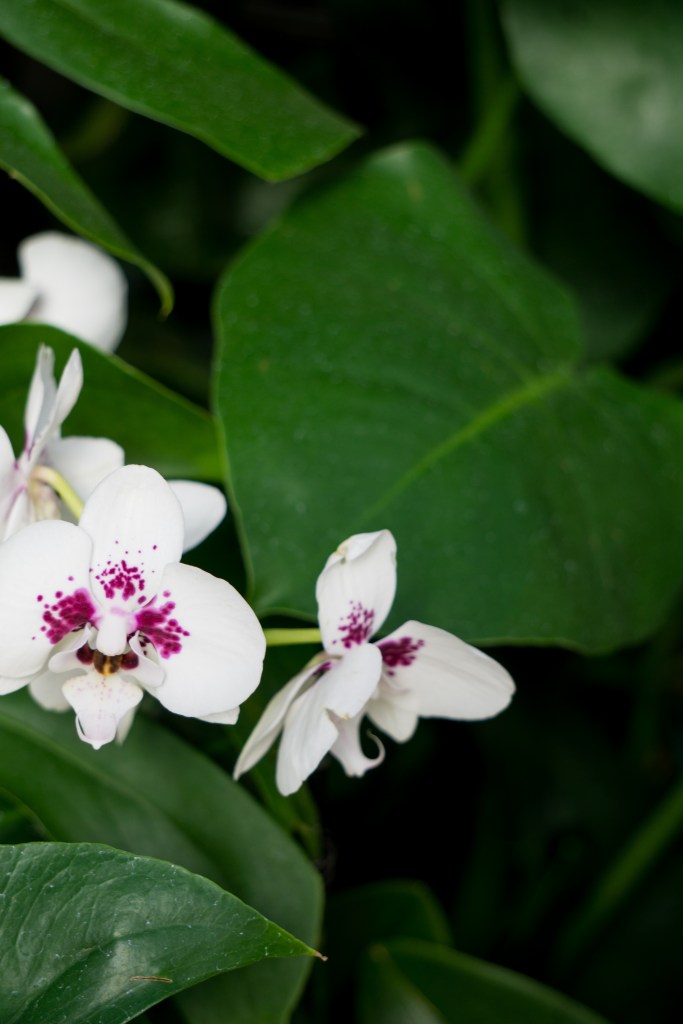






Blooms & Butterflies
February 24th – July 7th, 2024
This exhibit features hundreds of colorful exotic butterflies flying freely through the Pacific Island Water Garden, a warm tropical haven filled with bright nectar blooms. See new butterflies emerge from their chrysalis daily at the Metamorphosis Lab.








Educational Initiatives at The Franklin Park Conservatory
The Franklin Park Conservatory offers a wide range of educational programs for visitors of all ages. These programs include:
- School Programs: Designed for students from pre-kindergarten through 12th grade, these programs cover topics such as plant science, environmental conservation, and art in nature.
- Adult Education: The conservatory offers workshops, classes, and lectures on topics such as gardening, floral design, and sustainable living.
- Family Programs: Family-friendly activities and events are held regularly, including scavenger hunts, storytime sessions, and hands-on gardening workshops.
- Outreach Programs: The conservatory partners with schools, community organizations, and other institutions to bring educational programs to underserved communities.
- Summer Camps: Week-long camps are available for children of various ages, offering opportunities to explore nature, learn about plants, and engage in hands-on activities. These educational initiatives aim to inspire curiosity about the natural world, promote environmental stewardship, and foster a deeper appreciation for plants and gardens.
Gallery

